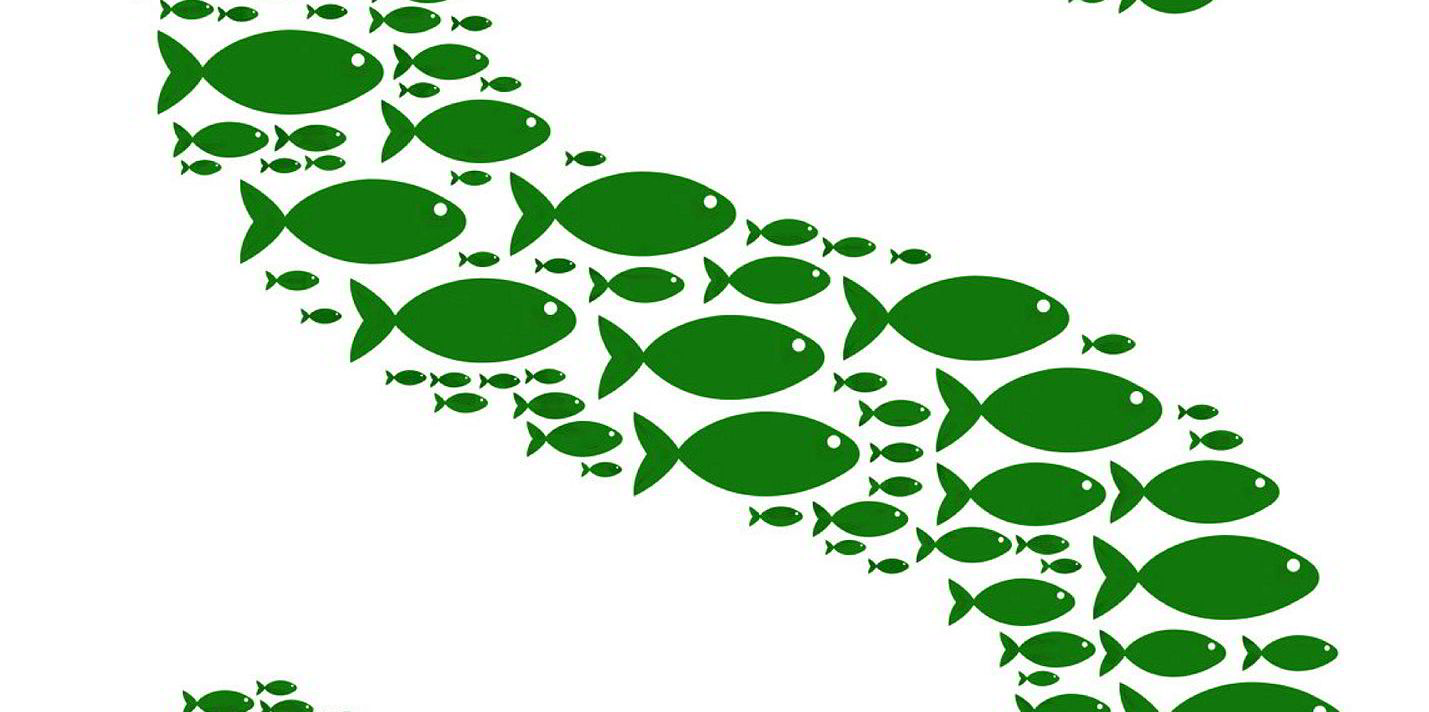A new report is warning financiers against investing in the aquaculture sector amid fears that low governance, climate change, antibiotic resistance and an unstable feed supply could “sink” the industry.
The paper, "Shallow returns?", from the Farm Animal Investment Risk and Return (FAIRR), uses recent events such as the current algal bloom in Norway and the ongoing investigation over price-fixing allegations against Norwegian salmon companies as examples of environmental and governance failures.
According to the report, the allegations are symptomatic of a wider lack of transparency in the sector.
It foresees these risks and others will undermine the growth of the $232 billion (€206 billion) global aquaculture.
The report contrasts sharply with a report FAIRR released last June analyzing 60 global intensive farming companies, which highlighted salmon farmers as among the most sustainably produced proteins. Mowi was listed at the top of its ranking for sustainability, with Bakkafrost, Leroy and Salmar all following close behind.
The ranking from FAIRR analyzed risk factors around health, environment and social issues and deemed the European salmon producers among the lowest risk for investors.
The index, which also highlights corporate best practice, praised Salmar's comprehensive target to reduce its greenhouse gas emissions by 10 percent by 2020. It also highlighted Marine Harvest's approach to antibiotics. The company tracks antibiotics usage on a gram of active substance per ton of product basis, and only uses antibiotics when fish are at risk. It aims to have “minimal” use of antibiotics by 2022.
The FAIRR report in 2018 also highlighted similar risks as the new report, including climate change, antibiotic resistance and impacts on wild stocks.

